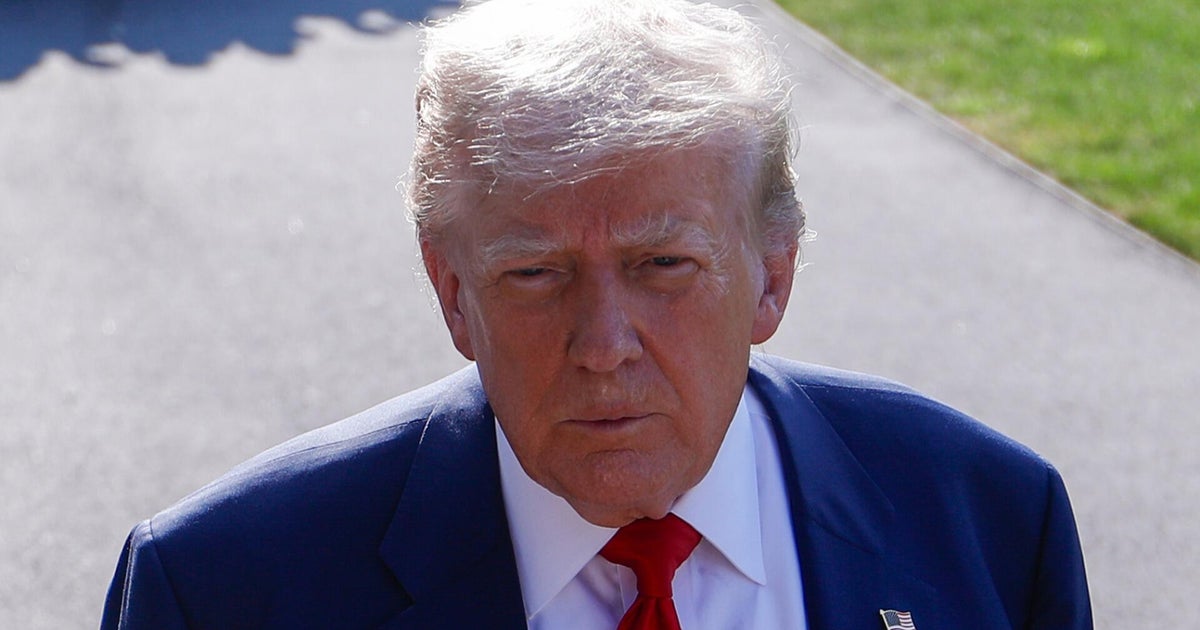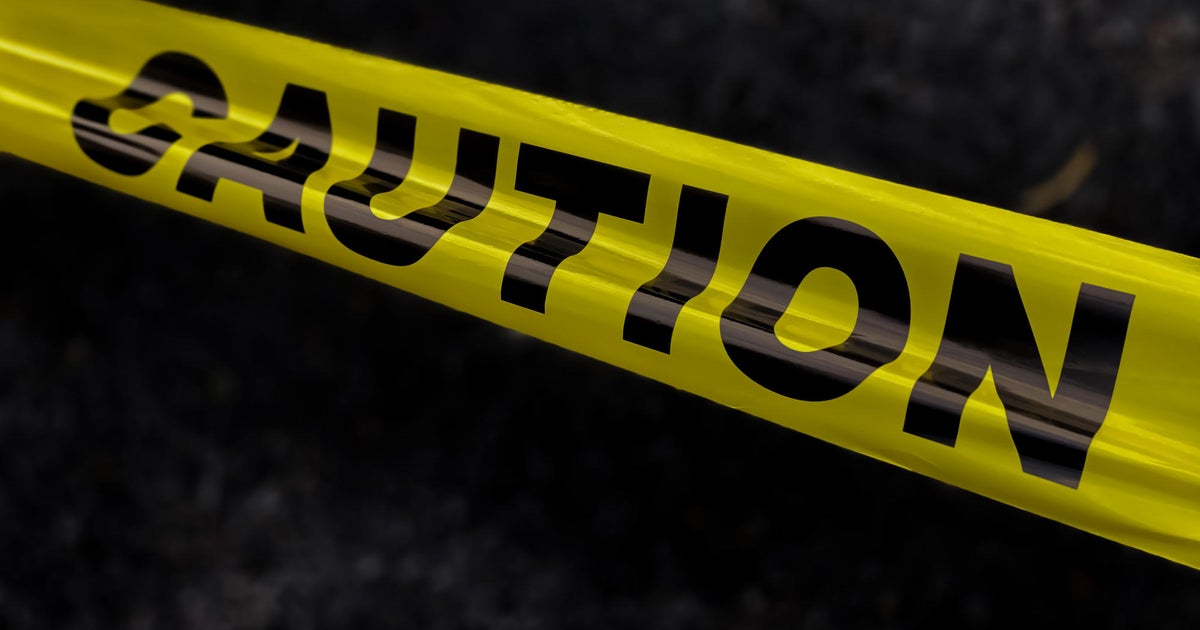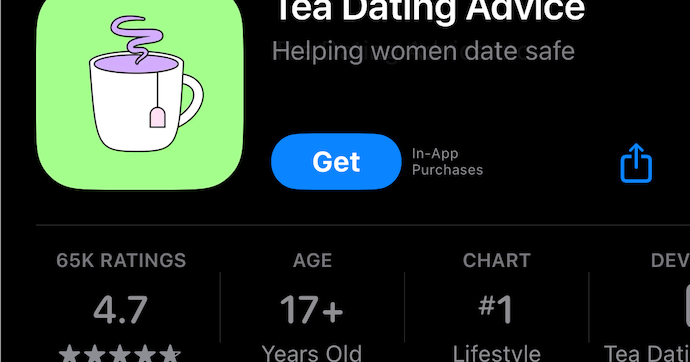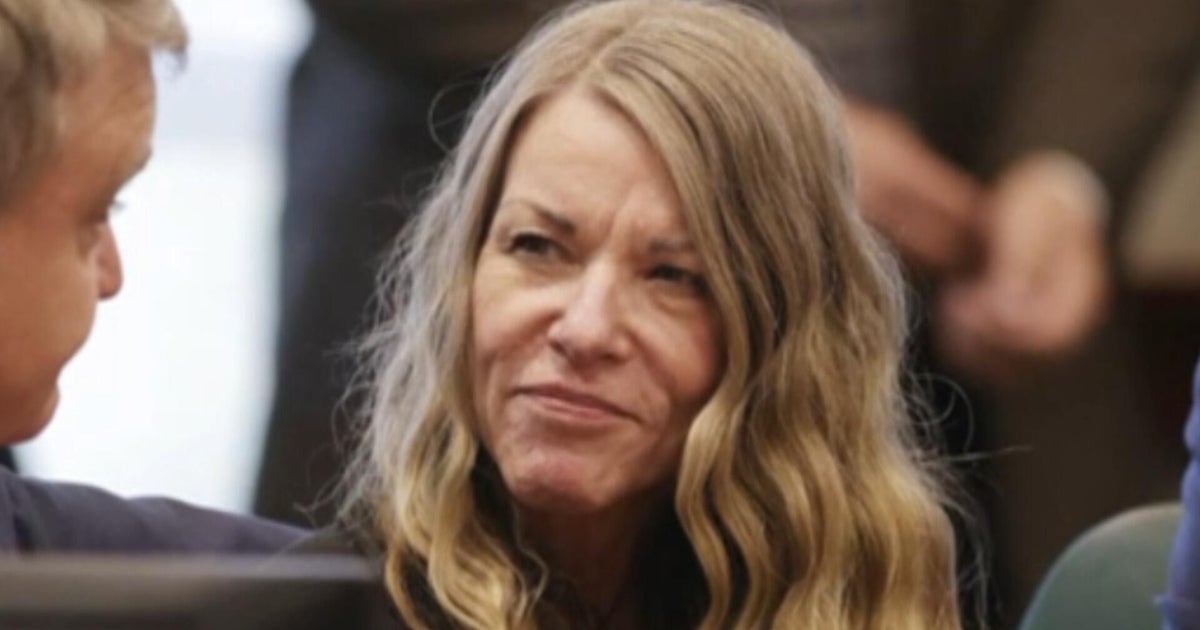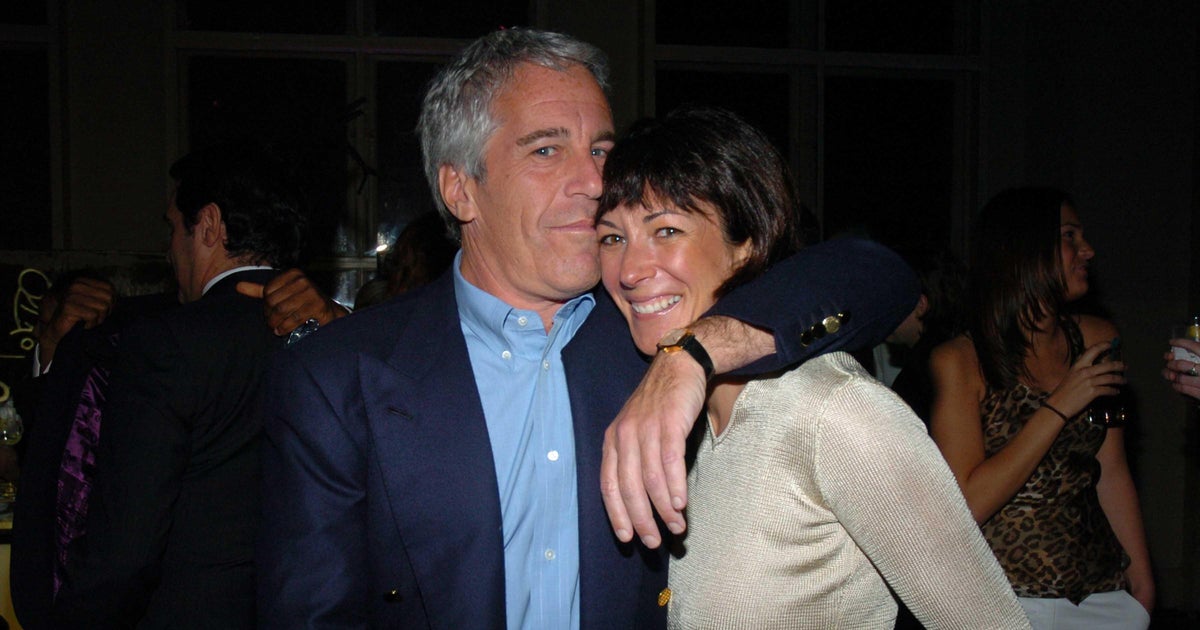Washington — President Trump on Thursday withdrew the nomination of Alina Habba, his former defense lawyer, to serve as the top federal prosecutor in New Jersey, a Justice Department official confirmed, which clears the way for her to serve as the U.S. attorney in the state in an acting capacity.
Mr. Trump's move came after a federal district court set off a leadership scramble in the U.S. attorney's office when it declined to keep Habba in the role of U.S. attorney and instead installed Desiree Leigh Grace as the state's top federal prosecutor.
Grace, who was Habba's deputy, was selected by the judges on the U.S. district court in New Jersey to serve as the U.S. attorney for the state as Habba's 120-day term in the post wound down. But shortly after, Attorney General Pam Bondi said that Grace had been removed as first assistant U.S. attorney, and she excoriated the judges for tapping Grace, instead of letting Habba stay in the role.
"This Department of Justice does not tolerate rogue judges — especially when they threaten the president's core Article II powers," Bondi wrote on social media.
The attorney general's post raised questions about who would be the top federal prosecutor in New Jersey as the 120-day clock on Habba's interim term expires. A court order signed by Chief Judge Renee Bumb said Grace's appointment was effective Tuesday or "upon the expiration of 120 days after" Habba's appointment by Bondi.
But Habba said in a post on X, "I am now the Acting United States Attorney for the District of New Jersey" and indicated she would fight for the job. The Justice Department official confirmed that Mr. Trump pulled Habba's nomination for U.S. attorney, which avoids a provision of federal law that restricts a person from serving as an acting officer if the president has submitted their nomination to the Senate. That law limits her time as acting U.S. attorney to 210 days.
Mr. Trump announced on March 24 that he had tapped Habba to serve as interim U.S. attorney for New Jersey, which would put the expiration of her term at July 22. But Todd Blanche, deputy attorney general, has said her tenure as interim U.S. attorney ends Friday.
Habba has the Justice Department leaders behind her, and they've accused New Jersey judges of playing politics with their decision not to keep Habba in the post.
Mr. Trump had nominated Habba for the role of U.S. attorney, but New Jersey's two home-state senators, Democrats Cory Booker and Andy Kim, oppose her.
How did we get here?Habba was a member of Mr. Trump's defense team in several civil cases brought against him in New York, and she joined the White House as a counselor to the president after Mr. Trump won a second term. The president announced in March that he had tapped Habba to serve as the interim U.S. attorney in her home state of New Jersey. Federal law limited her time as interim U.S. attorney to 120 days.
Habba deserves the job, according to Armen Morian, who worked alongside Habba in a 2023 New York civil case in which Mr. Trump, his company and top executives were found liable for fraud.
"I think she's eminently qualified to be U.S. attorney, and I think she's doing a fine job of it," Morian said.
Morian hit back at Habba's critics who questioned her suitability for the job, having never previously been a prosecutor.
"President Trump is a very unconventional figure, and he forces us, I think, to reconsider a lot of the assumptions we make. Sometimes it's very useful to put somebody into an office who has shown to you that she has sufficient judgment and will do well in the position," Morian said.
But the state's two senators, Booker and Kim, opposed her nomination. Under the Senate Judiciary Committee's "blue slip" policy, a nomination for U.S. attorney or to a federal district court will not move forward unless both home-state senators return positive blue slips.
With the 120-day deadline on Habba's term approaching, a panel of federal judges on the U.S. district court in New Jersey invoked their power under federal law and voted to replace Habba with Grace, her deputy.
Can judges even appoint the U.S. attorney?Yes. A federal statute governing U.S. attorney vacancies specifies that if the attorney general's appointment of a U.S. attorney expires after 120 days, the district court can name a U.S. attorney to serve until the vacancy is filled.
The law requires an order of appointment by the court to be filed with the clerk of the court.
"The reason why you have this 120-day deadline followed by judicial appointments was so that the president is incentivized to get someone confirmed because after 120 days, you lose the authority within the executive branch to control who is the U.S. attorney," Thomas Barry, an expert in constitutional law at the Cato Institute, told CBS News.
While rare, courts have exercised this power before.
The judges on the U.S. district court in New Mexico selected Gregory Fouratt to serve as the top federal prosecutor in the state in January 2008, and in 2018, during Mr. Trump's first term, the district court in New Jersey appointed Craig Carpenito the state's U.S. attorney as his 120-day term was set to run out. Also that year, the U.S. district court in Manhattan tapped Geoffrey Berman to serve as the district's top federal prosecutor.
But Berman's exit in June 2020 was rocked by confusion when then-Attorney General Bill Barr announced that Berman would be "stepping down." Berman, however, said he had not resigned and had no intention of doing so. Barr then informed Berman that Mr. Trump had removed him from the post.
Does Bondi have the power to remove a court-appointed U.S. attorney?It doesn't seem so. In a 1979 opinion from the Justice Department's Office of Legal Counsel, which is not binding, then-Assistant Attorney General John Harmon explained that "the president is responsible for the conduct of a U.S. Attorney's Office and therefore must have the power to remove one he believes is an unsuitable incumbent, regardless of who appointed him."
Harmon also said that when it comes to whether the attorney general has the authority to terminate a court-appointed U.S. attorney, "We answer this questions [sic] in the negative." He said federal law regarding the removal of U.S. attorneys constitutes "the specific exercise of legislative power under Article II, section 2, clause 2, vesting in the president the power of removing a court-appointed U.S. attorney."
In a social media post, Blanche wrote that Grace had been ousted "pursuant to the president's authority."
"This backroom vote will not override the authority of the Chief Executive," he wrote.
Berry said there have been very few, if any, judicial decisions, about the removal of interim U.S. attorneys, especially if the attorney general disagrees with the court's appointment.
Habba's appointment as acting U.S. attorneyUntil Thursday — because Mr. Trump had nominated her to serve as New Jersey's chief federal prosecutor — Habba did not appear to be eligible to serve as acting U.S. attorney in the state.
The situation involving Habba and the U.S. attorney position in New Jersey potentially involved the interactions of two different federal laws: the statute governing U.S. attorney vacancies, which gives district courts the power to name someone to that role temporarily; and the Federal Vacancies Reform Act, a 27-year-old law that limits the government employees who can temporarily fill the roughly 1,300 federal offices that require nomination by the president and confirmation by the Senate.
Mr. Trump used the law, also known as the Vacancies Act, during his first term to install a number of "acting" leaders across the executive branch.
Enacted in 1998, the Vacancies Act sets out three categories of federal workers who can move into a position covered by the law: the "first assistant," or deputy, to the vacant office; another administration official who has been confirmed by the Senate; and an agency employee who has worked there for at least 90 days in the year before the vacancy occurred and is at the highest level of the civil service pay scale.
Grace, who the New Jersey judges selected to succeed Habba, was the first assistant.
But the law prohibits a person from serving as an acting officer if the president has submitted their nomination to the Senate. The upper chamber received Habba's nomination from Mr. Trump on June 30. His withdrawal of her nomination now enables Habba to serve as acting U.S. attorney, as she resigned from the interim post — the role the district judges declined to keep her in — and was then appointed first assistant U.S. attorney by Bondi. Habba then could become acting U.S. attorney because the position is unfilled.
Mr. Trump appears to have used the Vacancies Act to put at least one acting attorney general in place — John Sarcone who is currently leading the U.S. Attorney's Office in Albany.
Bondi announced in early March that Sarcone had been appointed the interim top federal prosecutor for the Northern District of New York, but earlier this month, the U.S. district court there declined to tap him for U.S. attorney. Bondi instead named him "special attorney to the attorney general," which effectively gives him the power of a U.S. attorney. Sarcone was named first assistant U.S. attorney as well, effectively leaving him in charge of the office.
Berry said there is a loophole in the Vacancies Act that allows a lower-ranking official who does not require Senate confirmation to perform the duties of a senior leader when that role is vacant, which could be used to Habba's benefit.
"Subdelegation is so easy to do throughout the executive branch," he said. "This exact same maneuver is done all the time for all sorts of offices."
What happens to Grace?In a post Wednesday on LinkedIn, Grace indicated she is no longer the No. 2 in the U.S. attorney's office in New Jersey, but signaled she was prepared to follow the judges' order that names her the interim U.S. attorney, even though Bondi fired her from her post as the first assistant.
"It will forever be the greatest honor that they selected me on merit, and I'm prepared to follow that Order and begin to serve in accordance with the law," Grace wrote.
The dozens of comments beneath Grace's LinkedIn post highlight her deep ties in the state, and high regard among New Jersey law enforcement.
Minneapolis Chief of Police Brian O'Hara, who previously was Newark, New Jersey's Safety Director, congratulated Grace.
"Desiree Grace Anyone who knows you knows the heart, integrity, and commitment you bring to the job. You have definitely made a difference," O'Hara wrote.
More from CBS News
Melissa Quinn
